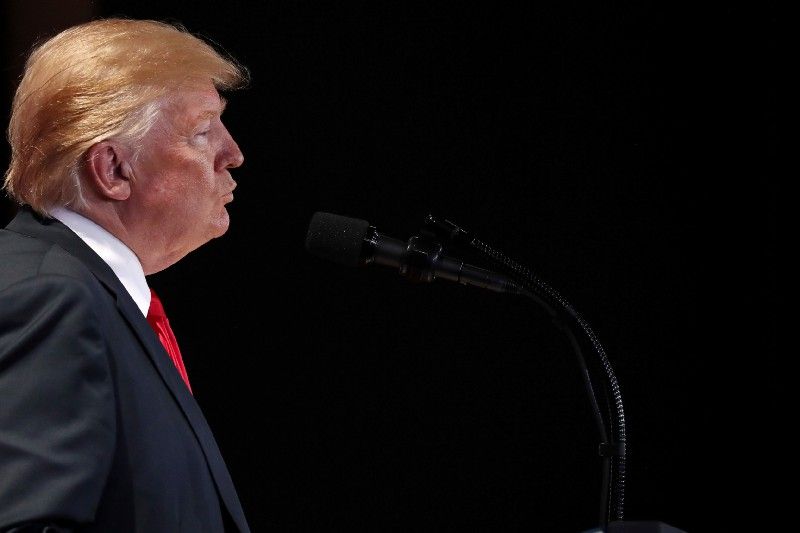Over the past four days, Donald Trump has trashed the prime minister of one of Washington’s closest allies and given a beaming thumbs-up to a ruthless dictator whom the US has been at war with for 70 years. The foreign policy mandarins are scandalized, allies are confused, places in hell are being reserved for unlikely guests. What gives?
One way of linking these things together is that Trump’s worldview is, in a way, profoundly ahistorical. Not in the sense that he doesn’t know who burned down the White house in 1812. That’s just a common lack of information. Rather, he is ahistorical in the oddly liberated sense that he simply does not care about historical precedents as a useful guide to action.
For Trump, who became president by defying every rule, precedent, and assumption in the book of US politics, the past simply doesn’t matter except as a stylized provocation (Obama’s presidency) or as a dreamy ideal (the “Great” 1950s.)
So it doesn’t matter that Canada and the rest of the G7 have historically been allies — they are, in his view, robbing the US piggy bank, making them deserving targets for tariffs that are popular with the base. By the same token, it doesn’t matter that North Korea is a gruesome and serially dishonest dictatorship whom Trump was threatening to destroy just six months ago — right now Kim is a kindred and theatrical rogue spirit who can be a partner in the most norm-busting show on earth. Hell, maybe there’s even a slim chance it can work.
But the challenge with Trump is this: he isn’t replacing old norms with new ones so much as scrapping them altogether.
That makes it very difficult for anyone — jilted allies like Trudeau, feted enemies like Kim, or strange combinations of both like Putin — to plan constructive policies or to avoid destructive miscalculations. And as Trump’s wire act gets higher and higher, the potential falls become harder and harder.
